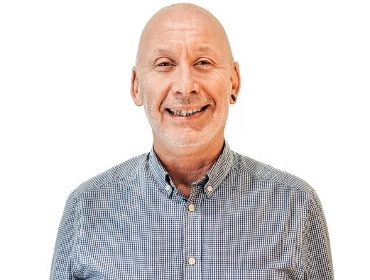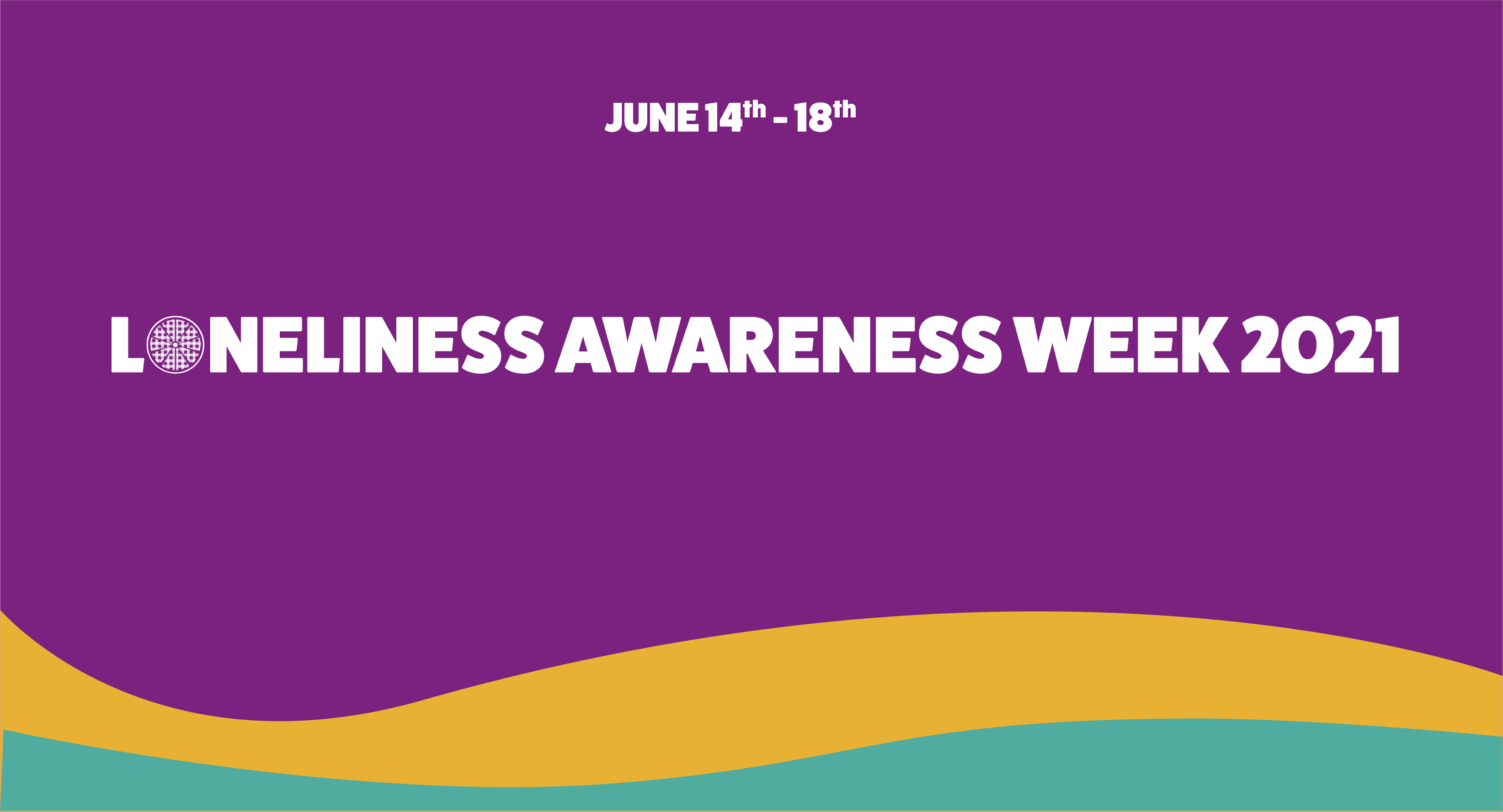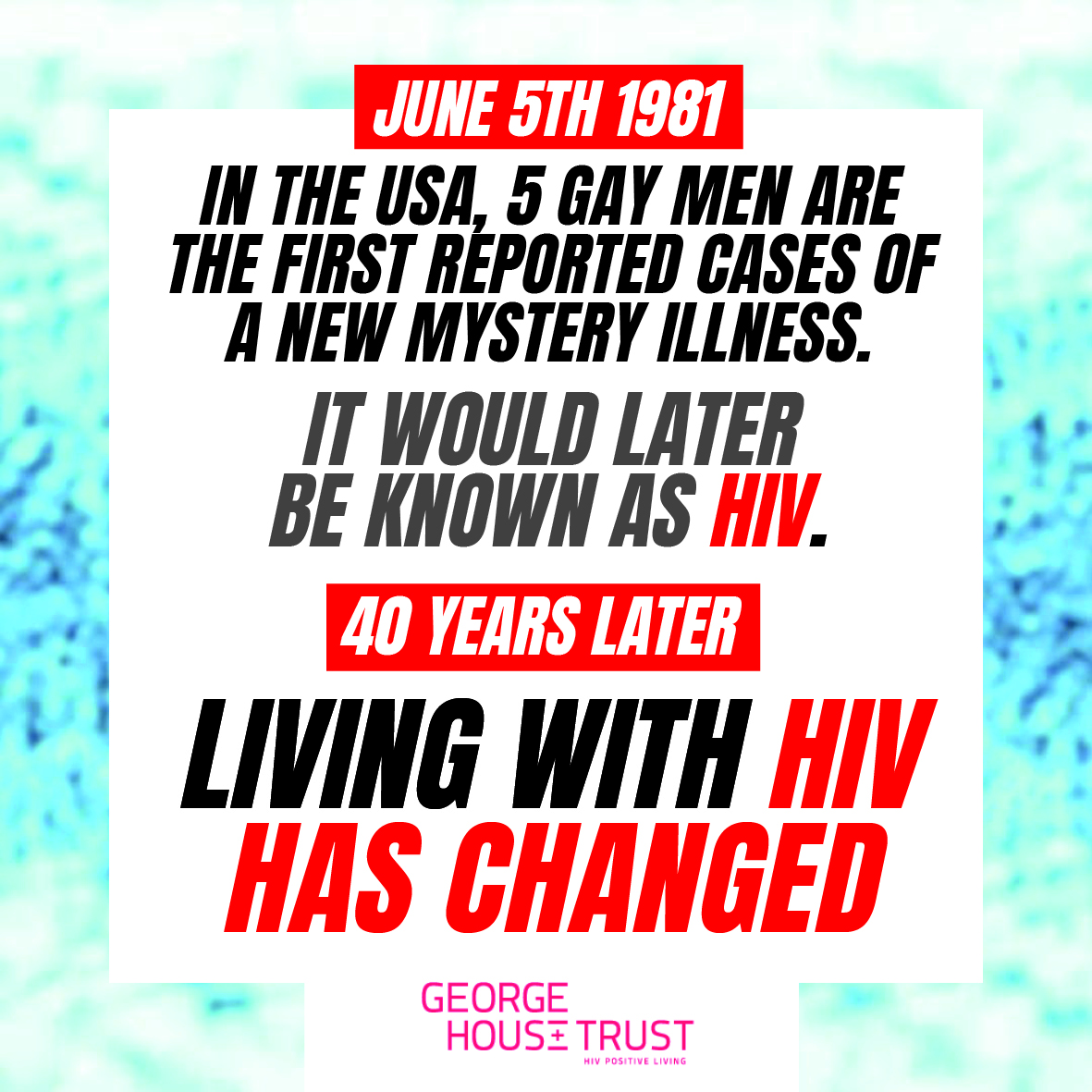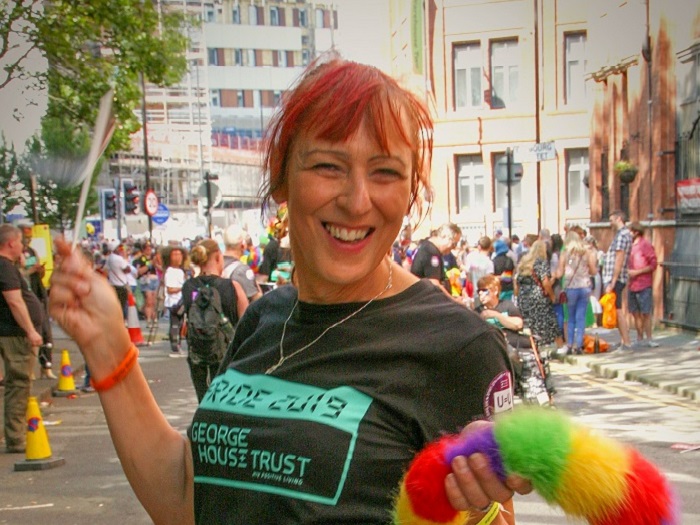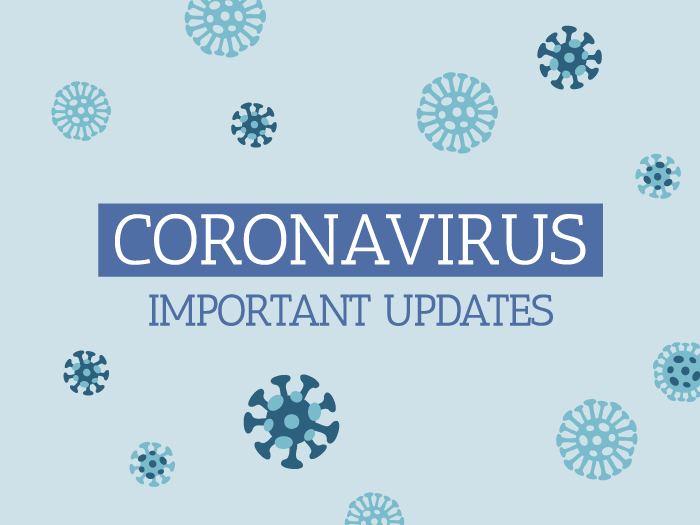LONELINESS AWARENESS WEEK 2021
George House Trust is committed to supporting people to live confidently and healthily with HIV. We believe that social connection, a sense of community and the confidence to make decisions free from the fear of stigma are central to this.
This Loneliness Awareness Week, we’re encouraging people to see loneliness as an experience. Just like HIV, it doesn't define you - it exists, and we need to remove the stigma and shame surrounding it. So, let's talk about loneliness and HIV…..
HIV, the stigma associated with it, mental health issues, loneliness and isolation are linked in a number of ways:
- The 2017 Positive Voices Survey found that mental health problems are reported by half of people living with HIV, twice the rate of the general public.
- One in 5 people living with HIV said that they needed help dealing with isolation and loneliness, of which 75% reported that this need was unmet.
- Internalised stigma, which many people living with HIV report experiencing, can manifest as a mental health issue and occurs when someone, as a result of repetitive external messages about HIV, develops negative core beliefs about themselves. This can lead to depression, low mood, isolation, and feelings of shame.
- Another factor is that lots of people who are living with HIV say they find it difficult to talk about their status with friends, family and colleagues which makes them feel more isolated. Many people we speak to at George House Trust have not told anyone about their HIV status due to actual and perceived (internalised) HIV stigma.
- Read our Services Director Colin's blog on loneliness and HIV.
- Check out Melissa's and Vengai's experiences of phone buddying during Covid and how it helped them feel more socially connected.
Recently, many of George House Trust’s service users reported that they are experiencing loneliness even more due to lockdown and, after over a year of social distancing and restrictions, people accessing our services want to feel more socially connected.
So, if you’re living with HIV and want to meet new people and feel more socially connected, George House Trust has a range of services and activities for you:
Age+
If you're living with HIV and are aged 55 years or older, we will be shortly launching a project just for you! Age+ will build you confidence, skills, reduce loneliness and tackle the stigma and discrimination that still exists for people living with HIV. Contact Anna Hughes on anna@ght.org.uk or 0161 546 3540 for more information on how to get involved.
Calabash
If you’re an African man living with HIV, join our Calabash project! Monthly sessions will be held where African men will benefit from different kinds of support, including HIV-related, interpersonal (physical and psychosocial), economic, learning, and answers to deep-seated questions and burning issues. You can register for our Calabash launch event on June 29th 2021 here or email Jeff Ukiri, project co-ordinator, for more information.
A previous Calabash participant told us, "It was quite an experience. Everyone was free to talk about their life with HIV. I really enjoyed it. I was surprised at how much I trusted the other men and felt able to talk about personal issues.”
Events
Check out our events page for our range of group activities and courses.
Life Coaching
Want to change things but don’t know how to do it? Do you have a dream or aspiration and want some help to fulfil it? We’re working in partnership with Result CIC to offer free life coaching.
You’ll be paired with an accredited life coach and together you’ll look at your aims and develop a plan to achieve them. We can offer up to 12 sessions.
Email Josh or call 07581 011 064 for more information.
Peer Mentoring
Our Peer Mentoring project matches you with a mentor to provide support tailored to you and your needs:
A mentee told us, “In all honesty, this has helped me to stay alive. My mentor has been there for me when it felt I had nobody else to speak to - it's helped me to know that I have someone I can trust. Having someone to talk to regularly and knowing someone will respond to me - it's felt like a lifeline at times. I can't thank George House Trust enough.”
Phone Buddies
Our telephone befriending service is between a volunteer and a George House Trust service user who is self-isolating because of Coronavirus.
“My phone buddy helped me a lot to cope up with challenges of shielding during lockdown. I was struggling…but with the help of a phone buddy I felt I was not alone during these most difficult times."
Or, you can call us 0161 274 4499 or email talk@ght.org.uk for a friendly chat about how we can help build up your social connections.
